A Call to Prevent Physician Suicide and Change Our Culture from Within
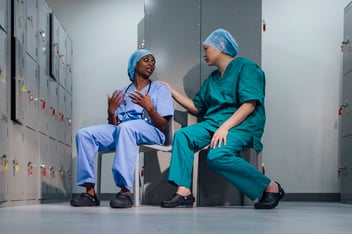
Dr. Damian McHugh gets personal when it comes to improving physician self-care, mental health, and doing everything possible to prevent physician suicide.
September is an incredibly important month to me. It is a time to unite. A time to reflect. A time to raise and promote awareness about suicide prevention, a national crisis that continues to worsen, particularly within our physician community. In solidarity with so many others who recognize the need to shine a light and offer support, I want to do my part to help.
Dr. Lorna Breen was a sister, a daughter, and an emergency physician. She practiced at Manhattan’s New York Presbyterian Hospital. Like myself, Lorna believed that helping people was simply her calling. Each of us witnessed the uncertainties of COVID, then the ravages of a fatal virus the likes of which modern medicine had simply not known. Despite having no prior or suspected mental health issues, Lorna died by suicide on April 26, 2020.
Dr. Matt Seaman had been described as a calm, seasoned and thoughtful emergency physician. A complaint to the Washington Medical Commission was followed by a lawsuit. The ensuing painful litigation process precipitated a sense of hopelessness and a third peak of depression. He came home from his deposition and told his wife he felt worthless; the next day Matt Seaman hung himself at the age of 62. (This brief film catalogues the devastating impact of medical malpractice and portrays more of Matt’s story.)
September 17 was one day within National Suicide Prevention Awareness Month dedicated to physician suicide awareness. This year marked the seventh annual campaign to help prevent physician suicide. Originally a grassroots movement to raise awareness around physician suicide in emergency medicine, it has developed, with Congressional support, into a worldwide movement to end all physician suicide.
Two doctors from every medical school class die from suicide. One in ten physicians, and almost a quarter of interns have considered it. Through published research on burnout, thankfully we have finally come to realize that we need not focus on strengthening the canaries, but instead change the mines. Burnout and mental illness were rife in the medical professions before the pandemic. The coronavirus catalyzed this tsunami, which catapulted the issue ashore for American society.
Physicians are raised to be leaders, trailblazers, and innovators. They are habitually conditioned to being the final decision makers across the medical team. Shame and embarrassment abound when there is the possibility of weakness or failure. On one hand, I am relieved that the younger generation of physicians appear more willing to share their doubts and vulnerabilities—reminding us that the long-worn superhero cloak is merely a tattered façade—but on the other hand, I remain concerned about so many others who aren’t as vocal.
When colleagues show unexpected or inappropriate outbursts of anger or sadness, or if we witness increased negativity regarding their professional or personal lives, these can be red flags. Withdrawing and isolating, or usage of drugs or alcohol, can also be harbingers of impending tragedy.
If we are to change our culture from within, we must be prepared to do something if we see or suspect something. Quite simply, a kind word at the end of a hectic shift or a scheduled cup of afternoon coffee may make the difference for a colleague who is under untold strain.
We must move forward with hope. We can shed more light on this issue and change the culture of medicine to save our own lives. “Deaths of despair” are tragic events. Suicide remains a growing national public health crisis with the CDC reporting more than 49,000 total deaths in the U.S. in 2022 – a fatality every 11 minutes. By caring for one another, by opening up the much-needed conversations, and by reaching out to professionals who can help professionals, we can continue to make an impact.
If September is as important to you as it is to me, I’d gladly welcome the opportunity to connect over a cup of coffee – online or in person. I’d love to hear how you spend your September 17th each year as well as your time throughout the month to support physician wellbeing.
“Today, perhaps more than ever before in our recent history, we need to come together as a nation to strengthen and support one another—to be there for our friends, family members, colleagues, neighbors, and others facing difficult times. All of us have a role to play in spreading kindness and compassion and supporting one another when we are struggling.”
Jerome M. Adams, MD, MPH Former Vice Admiral, U.S. Public Health Service Surgeon General https://www.hhs.gov/sites/default/files/sprc-call-to-action.pdf.
SHARE THIS POST
About the Author
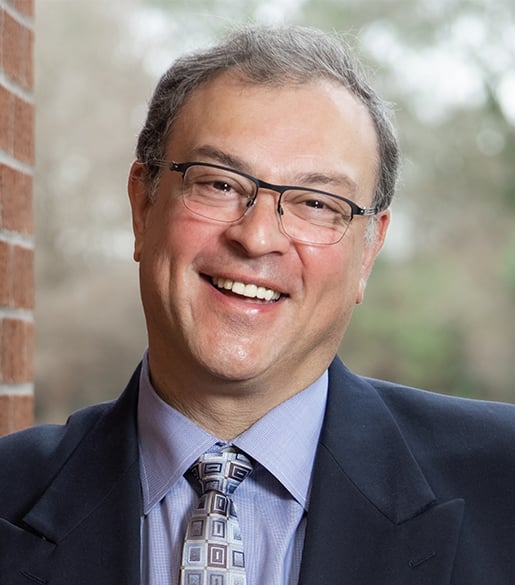



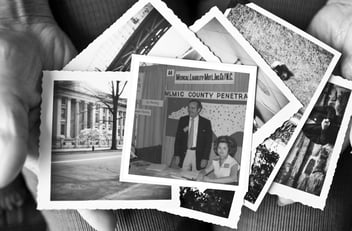
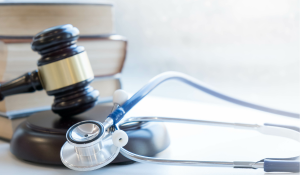
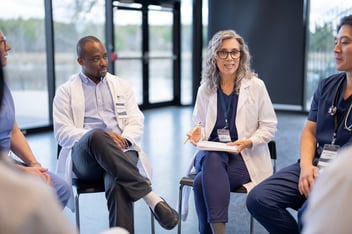
.png?width=352&name=Untitled%20design%20(85).png)

Comments